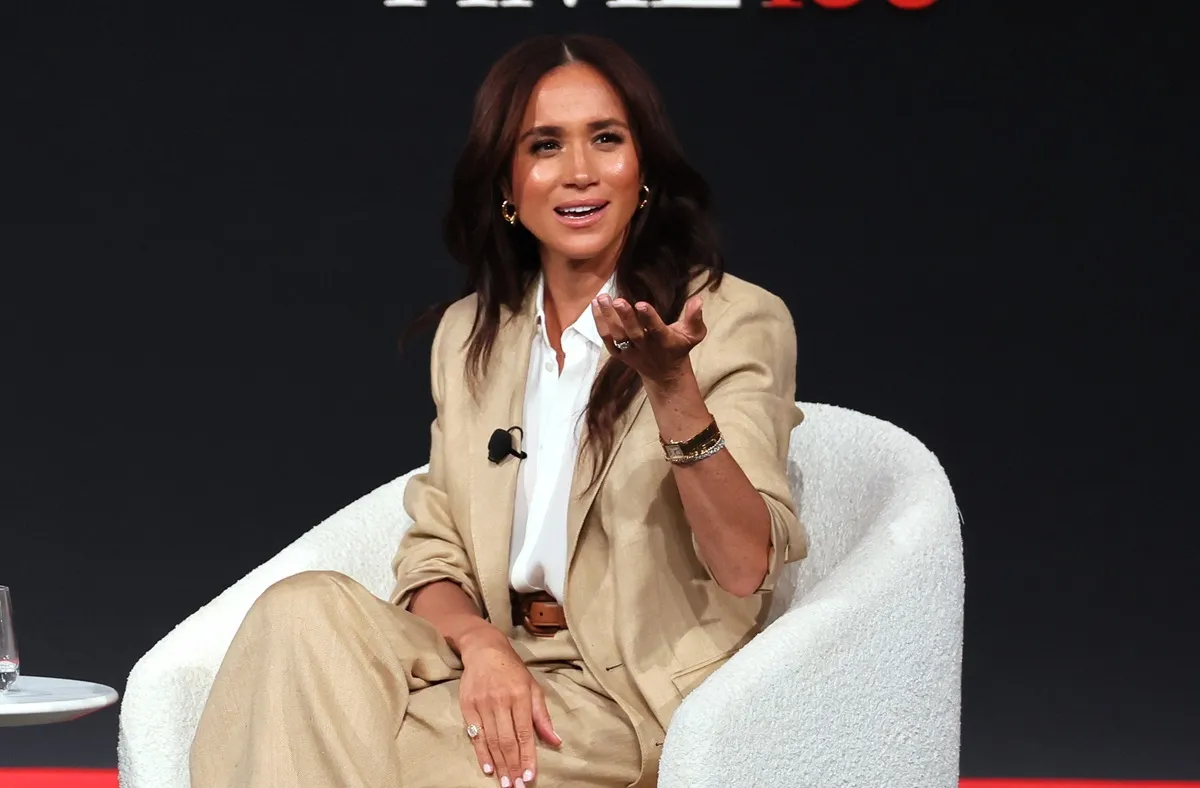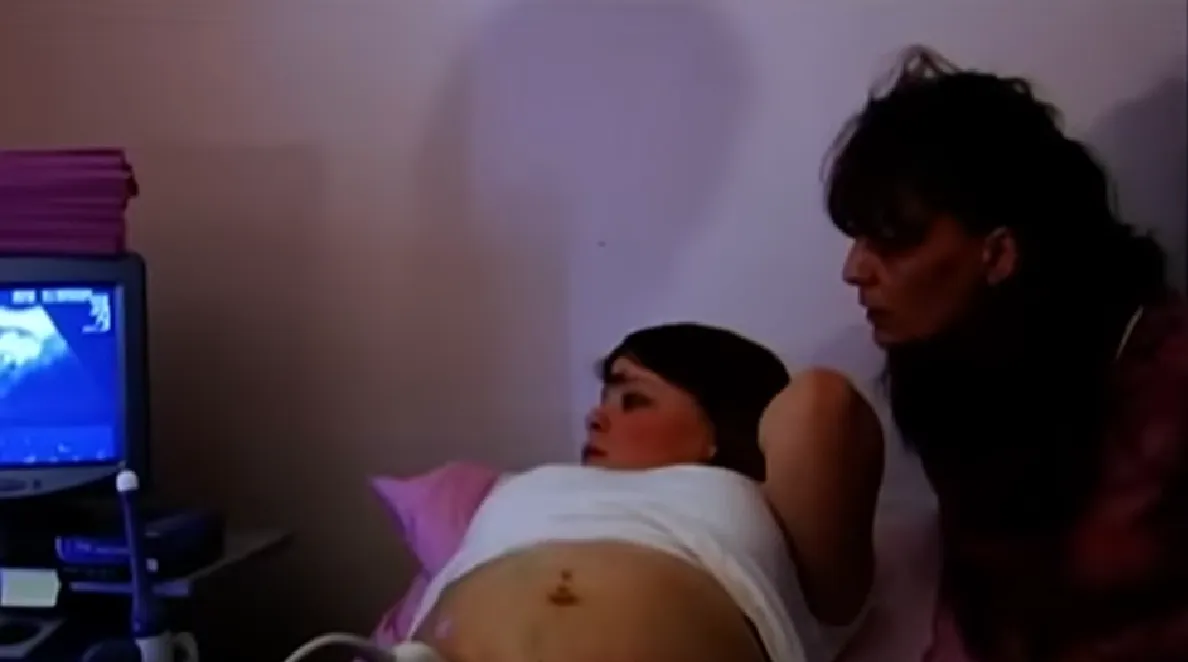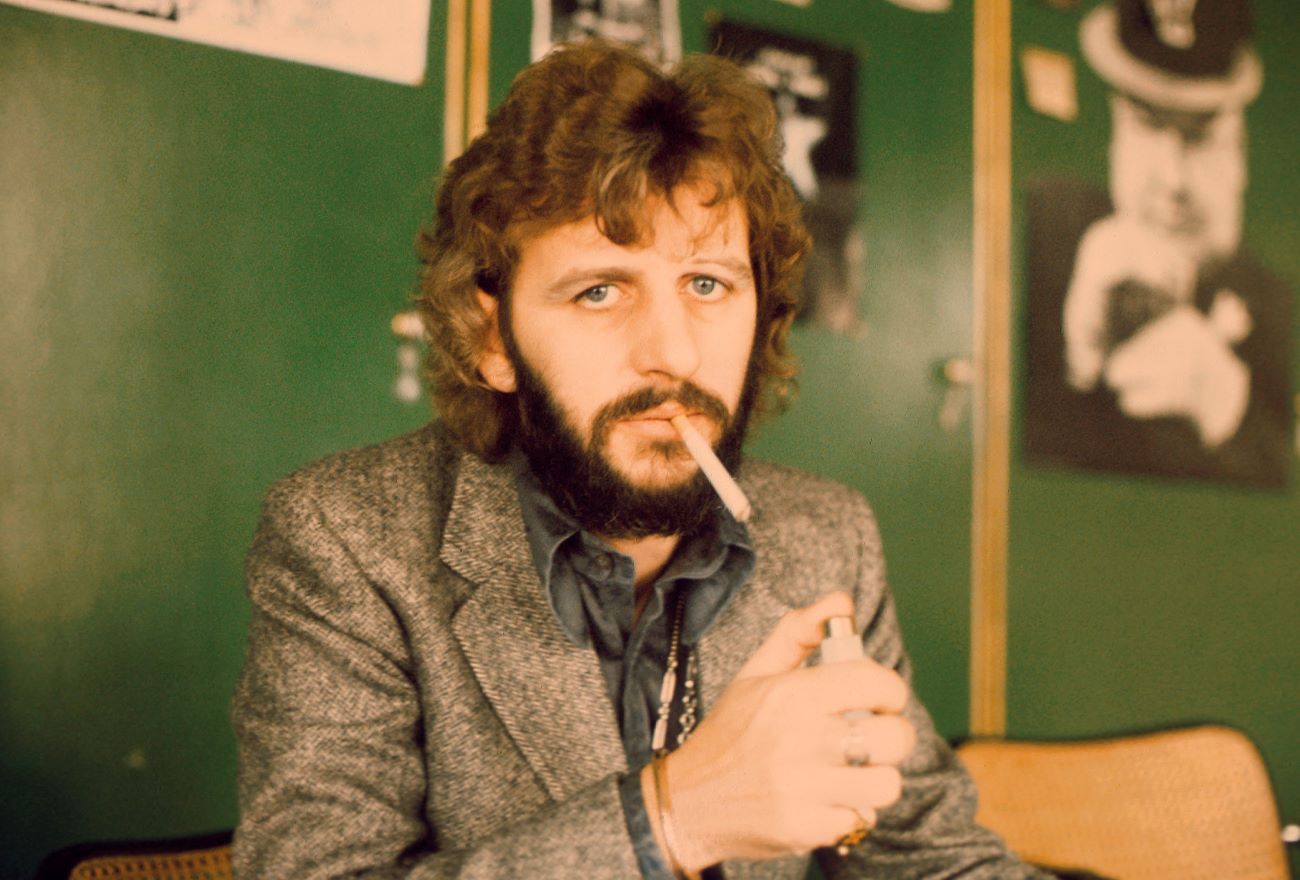
Ringo Starr ‘Doomed’ Himself by Making Bad Movies, According to a Screenwriter: ‘He Threw Some of His Career Away’
All of The Beatles acted in films, but Ringo Starr made movies an important part of his career. Starting with his bandmates in 1964’s A Hard Day’s Night, Starr continued acting long after The Beatles broke up. Eventually, he decided that his film work was distracting from his music career and took a step back from it. According to the writer of one of his more successful films, Starr threw his career away by consistently starring in bad movies.
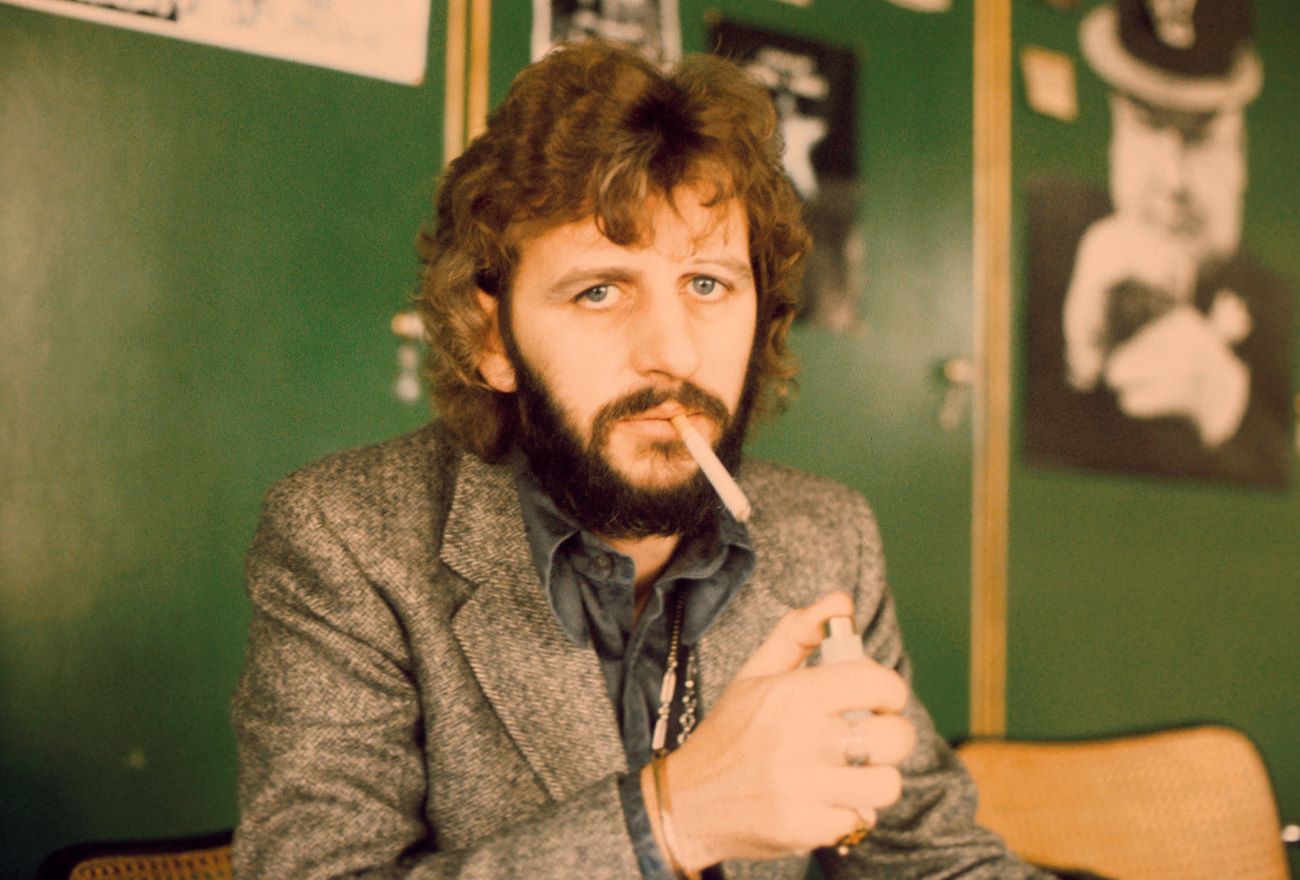
Ringo Starr started acting in movies on top of his music career
Starr began his acting career in 1964, appearing with his Beatles bandmates in A Hard Day’s Night. His onscreen performances gave him a chance to stand out from his bandmates.
“He was used perfectly in the movies,” radio host Chris Carter told Variety. “In A Hard Day’s Night, he had his own scene and his own theme; in Help it’s all about the ring and Ringo; he sings the title song for Yellow Submarine. So if you think about it, he was really used to great effect, and I don’t think the other guys minded it in the least.”
While each of his bandmates acted a bit outside of Beatles movies, Starr made it a significant part of his career.
Ringo Starr acted in a number of poorly reviewed movies
One of Starr’s most successful film roles was in 1973’s That’ll Be the Day.
“I knew Ringo could act, but I wasn’t sure how well he could act because it wasn’t sort of the zany, madcap films that The Beatles had made,” his co-star David Essex said, per the book Ringo: With a Little Help by Michael Seth Starr. “But pretty soon I saw that he was a natural and truthful actor.”
Though he showed promise as an actor, he starred in a series of poorly reviewed movies. Ray Connolly, the writer of That’ll Be the Day, thought that Starr’s decision-making in taking acting roles was detrimental to his career.
“I felt he threw some of his career away by doing silly things like Caveman,” Connolly said. “He had these lovely soulful eyes. I always thought that. And he could tell you an awful lot with his eyes, which he did very well in A Hard Day’s Night. Maybe he couldn’t read a good script.”
Connolly believed Starr liked being on a film set too much to practice discretion in picking movies.
“He liked films, but I think he just liked being in a Hollywood movie sort of world but he didn’t stop to say, ‘Hang on, I’m Ringo Starr. I have to choose carefully.’ He just did [the movies] because it was good fun,” Connolly said. “Having a little laugh, you know? You get doomed for that, forever. People remember them.”
He began to feel bad about the state of his career
Starr agreed with Connolly’s assessment.
“After the band broke up, I wasn’t working,” he said. “I wasn’t doing what I love, which is playing drums and performing. I ended up as just some f***ing celebrity. Someone in England put it so cruelly: They said, ‘If there’s an opening of an envelope, he’ll be there.’ That hit me. I thought, ‘S***, yeah, this is what I’m doing now.’ I’d be at movie premieres in London with my bow tie on and a bottle of cognac in my pocket mixed with some Coca-Cola, so people would think it was just soda. It got really sad.”
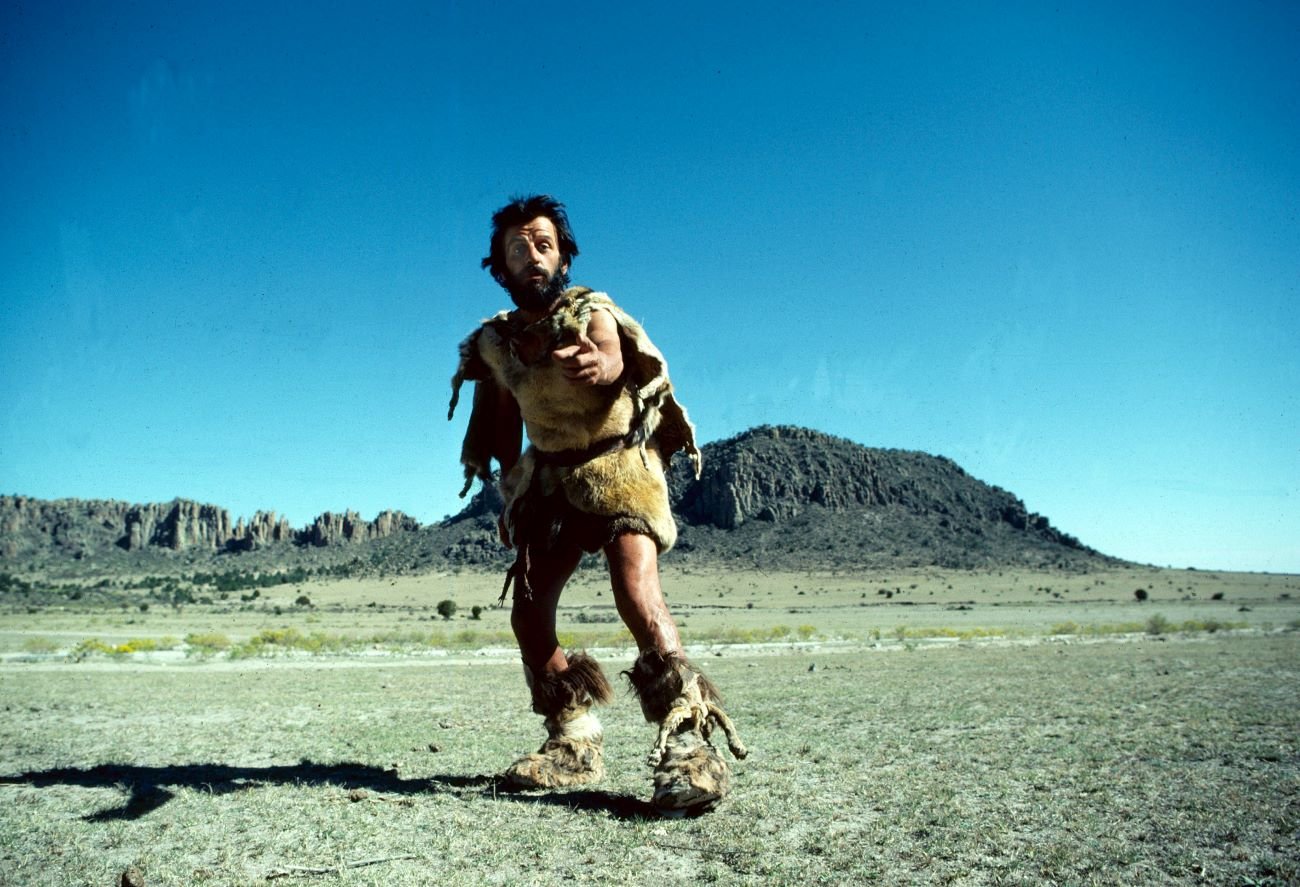
Ultimately, he decided to focus on his music instead of his struggling film career.
“(That) all went downhill, and my recording career went downhill,” he said. “I was too busy doing other stuff. And I realized that there’s enough actors; I’m a musician.”
